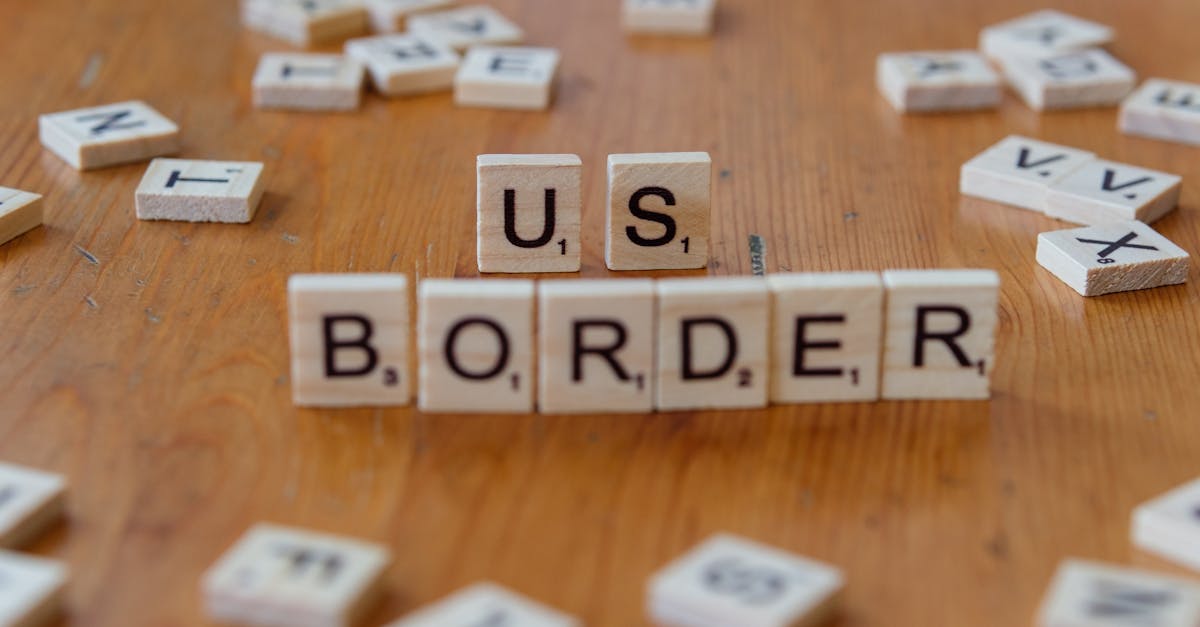
Introduction
The recent detention and subsequent release of Yeonsoo Go, a South Korean student in the United States, has drawn significant public and media attention. This case highlights the complexities of U.S. immigration enforcement policies and the community response to what many consider an unjust detention. This article explores the details of Go’s detention, the circumstances around her release, and the broader implications for international students under immigration scrutiny.
Details Surrounding the Detention and Release of Yeonsoo Go
Yeonsoo Go, a 20-year-old student from South Korea attending Purdue University, was detained unexpectedly by U.S. Immigration and Customs Enforcement (ICE) following a routine immigration court hearing in New York. She originally entered the United States on an R-2 visa in 2021 as a dependent of her mother, Rev. Kyrie Kim, a notable Episcopal priest. Despite her legal status at the outset, Go’s visa expiration reportedly led to her detention during an immigration hearing, turning what was supposed to be a routine appointment into a prolonged custody ordeal.
Following her arrest, Go was initially held in Manhattan before being transferred to a detention center in Louisiana. This move sparked a wave of criticism from religious groups, community organizations, and immigration advocates, who described her detention as emblematic of a wider, aggressive crackdown on immigrants by ICE under the current administration. Public outcry was intense, citing that Go’s arrest during a court hearing was an unsettling extension of immigration enforcement policies targeting not only undocumented individuals but also visa holders in various forms of status transition.
Amidst widespread protests and strong community support, including from the local Episcopal Diocese and Korean American organizations, Go was released on bond after four days in detention. Her release allowed her to reunite with her family in New York while she continues to navigate immigration court proceedings, subject to certain restrictions on her movement. The case has ignited debate on the balance between immigration enforcement and humanitarian consideration, especially for students and families who find themselves in complicated legal circumstances.
Broader Implications and Community Response
The incident with Yeonsoo Go underscores the tension between immigration authorities’ efforts to strictly enforce laws and the impact such enforcement has on individuals who are, in many cases, well integrated into American communities. Go’s case is not isolated but part of a broader push by U.S. authorities to expedite deportations, sometimes even of those with pending visa changes or other legal statuses. The intensified ICE raids and detentions, including at immigration court hearings, reflect a harsher approach that affects a wide spectrum of immigrant populations, including international students who often partake in vital educational and economic activities.
Community advocates argue that such actions can undermine trust in the legal process and discourage immigrants from seeking rightful legal remedies for visa and status issues. They emphasize the need for more nuanced, humane approaches that consider each individual’s circumstances rather than blanket punitive measures. The public support for Go—manifested through protests, advocacy, and media coverage—demonstrates growing concern about the societal and ethical repercussions of these immigration enforcement methods.
Conclusion
The detention and release of Yeonsoo Go reveal the complexities and challenges facing international students caught in the U.S. immigration system. Her case illustrates the need for careful examination of enforcement practices, especially concerning individuals with complex visa histories. The strong community reaction highlights a call for policies balancing legal rigor with compassion. As Go continues her legal journey, her experience remains a powerful example of the ongoing tensions in U.S. immigration enforcement and the vital importance of community support in upholding justice and human dignity.